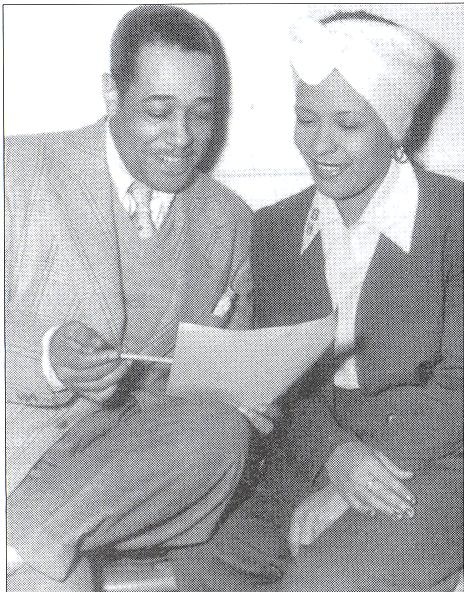
“I love this book”, writes David Ritz in his introduction and he is not the only one who loved it. It is not a tearful life story. The truth comes out of shocking scenes. There is no defeatism, but a formidable force. For me it was one of my favorite books from its first edition. It made you forget everything. Problems, obstacles, difficult daily life.
“Mom and Pop were just a couple of kids when they got married. He was eighteen, she was sixteen, and I was three”.
These are the words the autobiography of Billie Holiday begins with. A book full of passion that takes you through time and carries you to America where she grew up and lived. From her difficult childhood to adulthood. “When you're poor, you grow up quickly.”
With hard language and without sentimentality she captures her life, from the brothel in the neighborhood where she cleaned floors without money, for being allowed to listen and sing along to Louis Armstrong and Bessie Smith records on the gramophone. She talks about her rape when she was ten and the racism of her time. She takes us from Baltimore to New York, Harlem, she refers to the Crash which was no news to her and her mother at the end of Prohibition. The beginning of her singing was at the “Log Cabin Club” for Billie Holiday.
“You never heard singing so slow, so lazy, with such a drawl.”
In 1954 William Dufty and Billie Holiday began working on the story of her life and in 1956 the book was published. In the first year it sold 12,000 copies. The titles of the chapters are lyrics from her popular songs and offer the code to understand the memoirs. The book is supplemented by a list of known recordings from her discography.
The stories of Lady Day, her music course, her adventures with drugs and prisons. Does it matter if it is exactly correct everything that Billie Holiday recounts? Is her own look on her life and career the true story of her? How does William Dufty intervene in her narration? Maybe reality does not play the main role. The fact however is that with this book your interest remains undiminished and you do not leave it without reaching the last words.
Renata Dikeopoulou 15 April 2013










